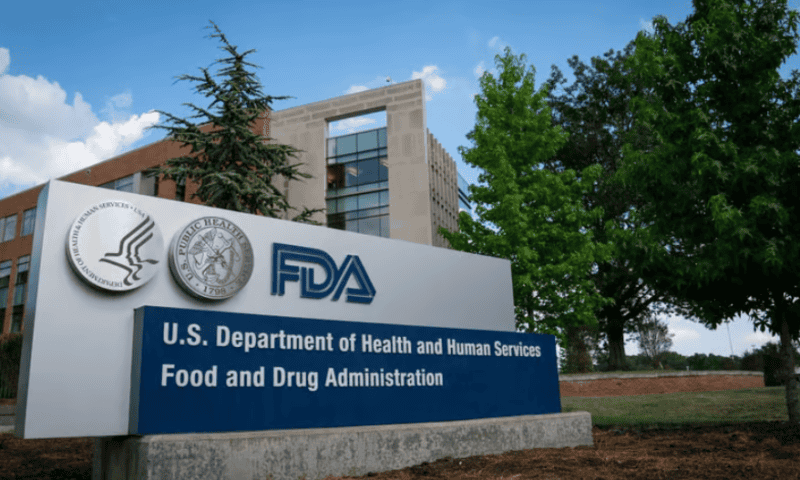The FDA overlooked a decade-long “pattern of warnings” concerning many of Philips’ respiratory devices before they were recalled in 2021, then went on to allow the company to get away scot-free—so far—with its alleged mishandling of the recall, according to the latest installment of ProPublica and the Pittsburgh Post-Gazette’s investigation into the recall.
And that’s just the tip of the iceberg, according to the news outlets, which went on in Thursday’s report to document a wide-ranging list of other instances where, they say, the FDA waited years to take action on device safety issues and opted not to penalize devicemakers that failed to follow legally required processes.
In Philips’ case, previous reporting from the duo charged the Dutch devicemaker with having failed to turn over in a timely manner more than 3,700 complaints related to the now-recalled respiratory devices.
Those complaints reportedly came in between 2010 and the June 2021 start of the recall; the September report alleged that by the time the complaints were eventually passed on to the regulator, more than 2,500 of them were at least two years old, in spite of a federal law requiring certain safety complaints to be turned over to the FDA within 30 days. In response to the report, Philips said it didn’t believe at the time that the report fell under the purview of that law, but that it went on to submit them anyways “out of an abundance of caution.”
Amid that alleged “suppression,” however, several hundred complaints did make their way from Philips to the FDA during that decade-long period, and the latest report suggests that the agency did some mishandling of its own.
Hundreds of those complaints reportedly described “contamination” in the devices—which include more than 5.5 million CPAP and BiPAP machines and ventilators—and several specifically mentioned visible degradations in the foam, which has been cited as the root of the recall.
The FDA has said that it did, indeed, receive 30 such reports about the foam between 2010 and 2021, though the report added that there’s “no evidence” that the agency took any action as a result of those or the contamination-related reports until April 2021, when it put out a warning about the devices.
Furthermore, as the outlets noted, the FDA allowed Philips to submit follow-up reports concerning the thousands of complaints that were submitted late, with their dates changed and the complaints’ original dates “concealed … from the public”—while also neglecting to levy any sort of penalties on Philips for the late submissions (though both the FDA and Philips have said they’re in ongoing discussions about a possible consent decree).
“That’s regulatory failure,” Paul Pelletier, a former federal prosecutor, said in the report. “There is no other way to say it. They dropped the ball.”
In response to the concerns about how it handled the complaints, the FDA said in the report that its officials continue to “take steps to protect the health and safety of individuals using these devices.”
But these issues are nothing new, according to the report, which detailed a list of other instances in which the FDA has allowed medtech makers to submit late reports of device malfunctions—and, in many cases, to update the dates of those reports—typically with only a slap on the wrist, even though the regulator is at liberty to pursue criminal charges for the delays.
In addition to Philips, those late submitters reportedly include BD and Olympus, among others. The report found other similarities between the cases of Philips and Olympus, as the latter had initiated a recall of duodenoscopes in 2016—about three years after the FDA had started to receive reports of deaths, infections and injuries related to the scopes, a situation that eventually resulted in Senate criticism of the FDA’s “outmoded” complaint-tracking system.
The investigation found that in 2022 alone, about one in every eight reports was submitted past the 30-day deadline, totaling more than 232,000 delayed complaints, though criminal charges for those delays remain “rare.” Meanwhile, dates were found to have been changed on about 20% of more than 100,000 complaints that were submitted to the FDA in the last decade by two dozen major medtechs.

